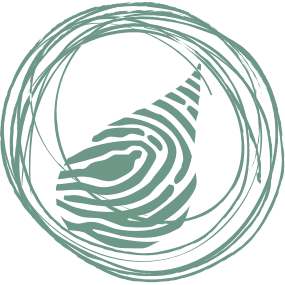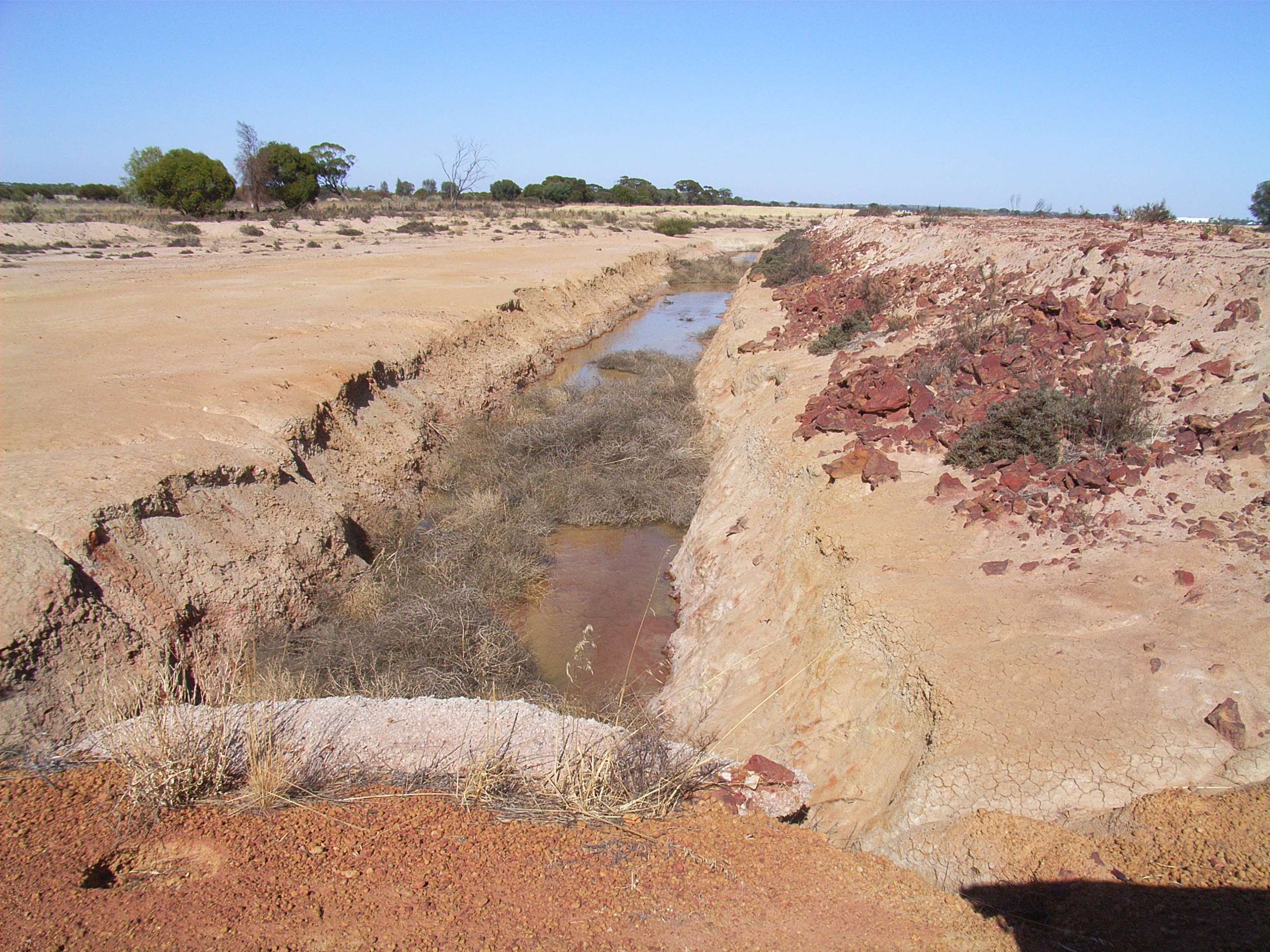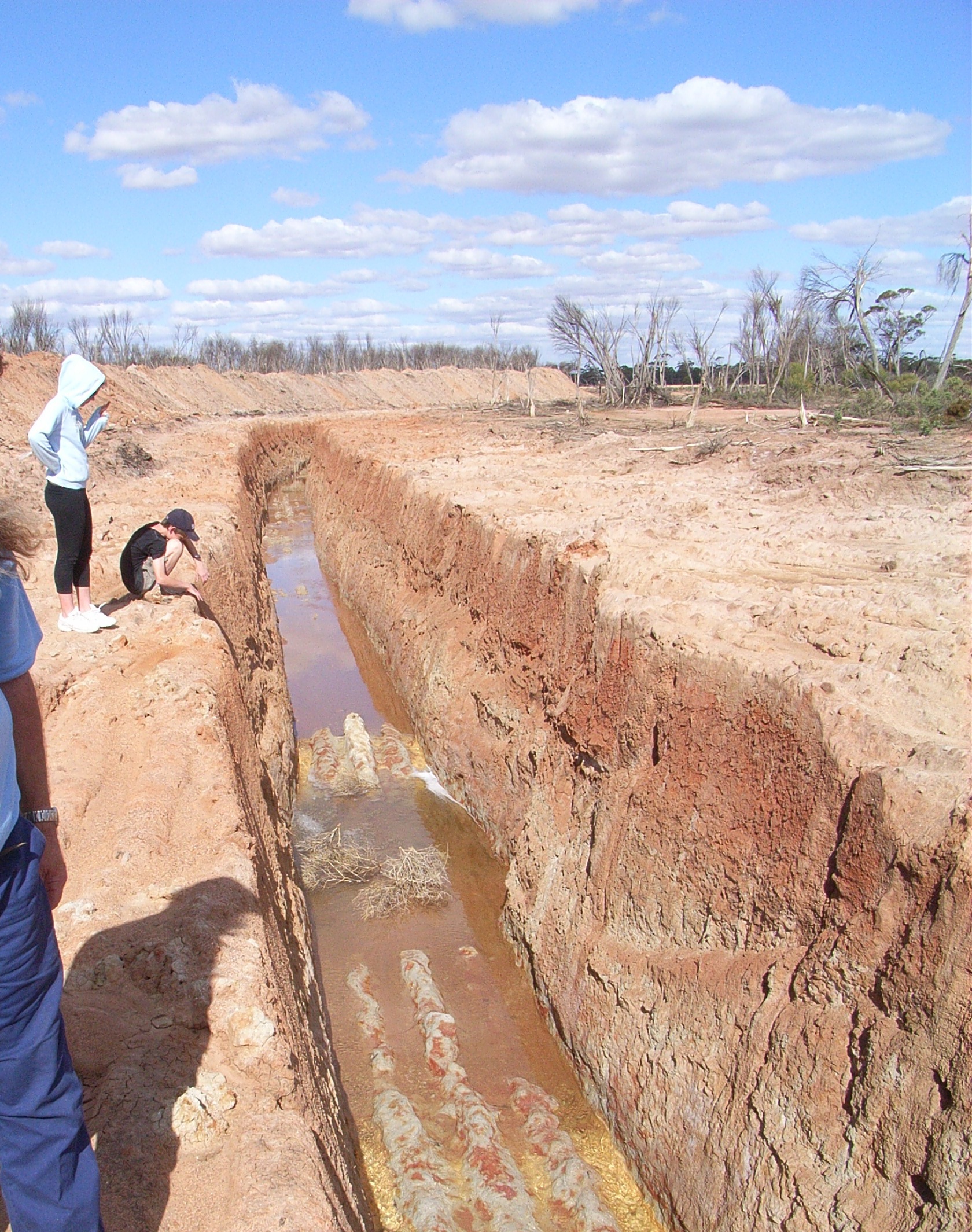-
Who We Are
3 Year PlanThis ‘3 Year Plan’ presents strategic direction to ensure Wheatbelt NRM effectively responds to national, state and regional NRM needs. This will be achieved by engaging our community to actively support and progress our strategic objectives. This ‘3 Year Plan’ is supported each year by an Operations Plan that sets out how resources will be allocated and utilised in progressing the strategic objectives in this document.
-
What We Do
Regional NRM Strategy for the Avon River BasinThe Wheatbelt Regional NRM Strategy guides NRM investment priorities within the region. The regional community provided important guidance to the development of the strategy, which reflects their values and understanding of the environment they live in and know.
-
News & Events
Birds of the Avon River BasinAustralia has an incredible diversity of bird species, with 898 recorded, including vagrants or accidental visitors and introduced species. Of this total, Western Australia has 550 species, 17 of which are found only in Western Australia. The Avon River Basin has a remarkable 224 recorded species - over 25 percent of the national total.
- Knowledge Hub
- Funding & Opportunities
- Shop
- Contact Us



